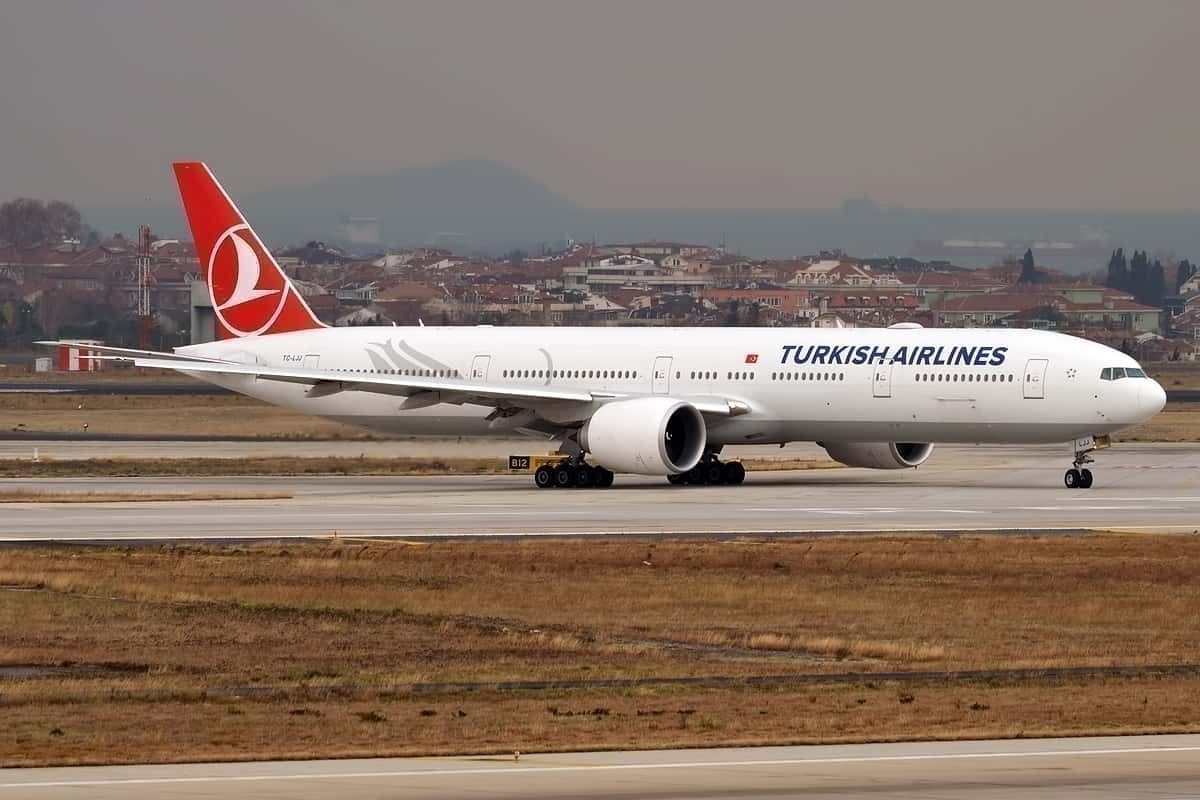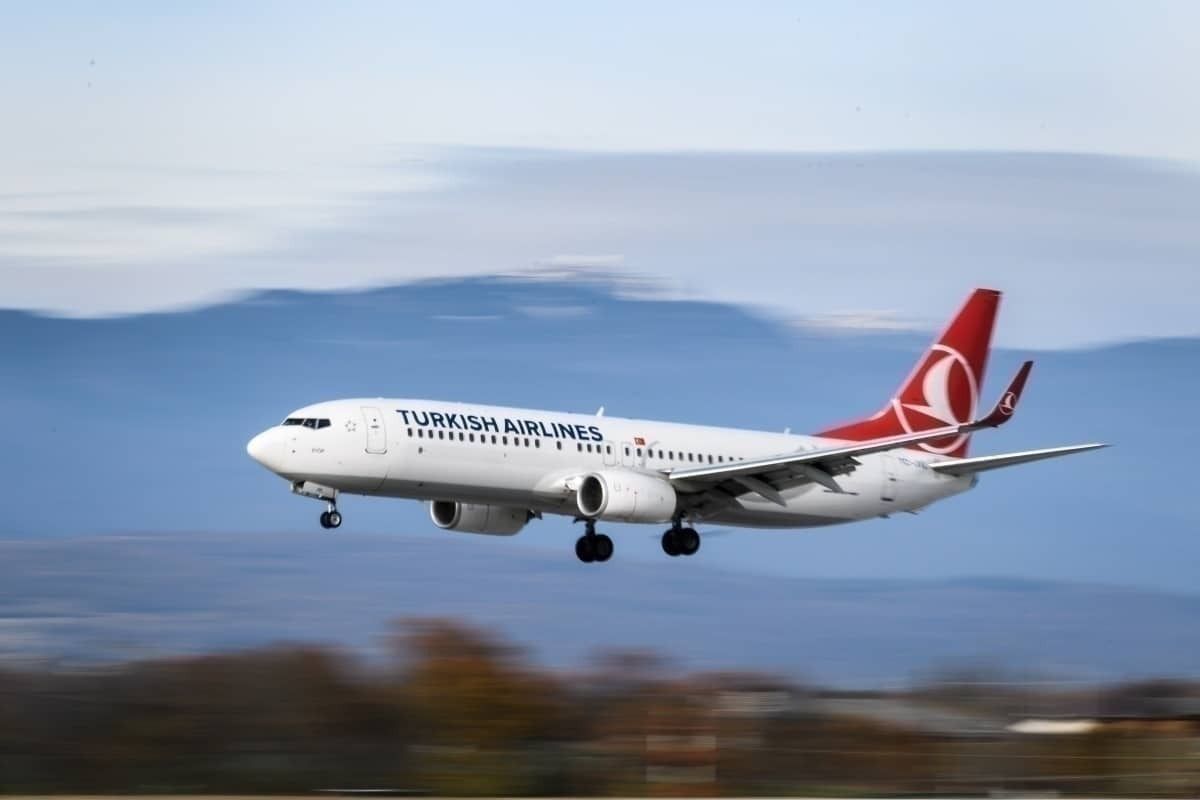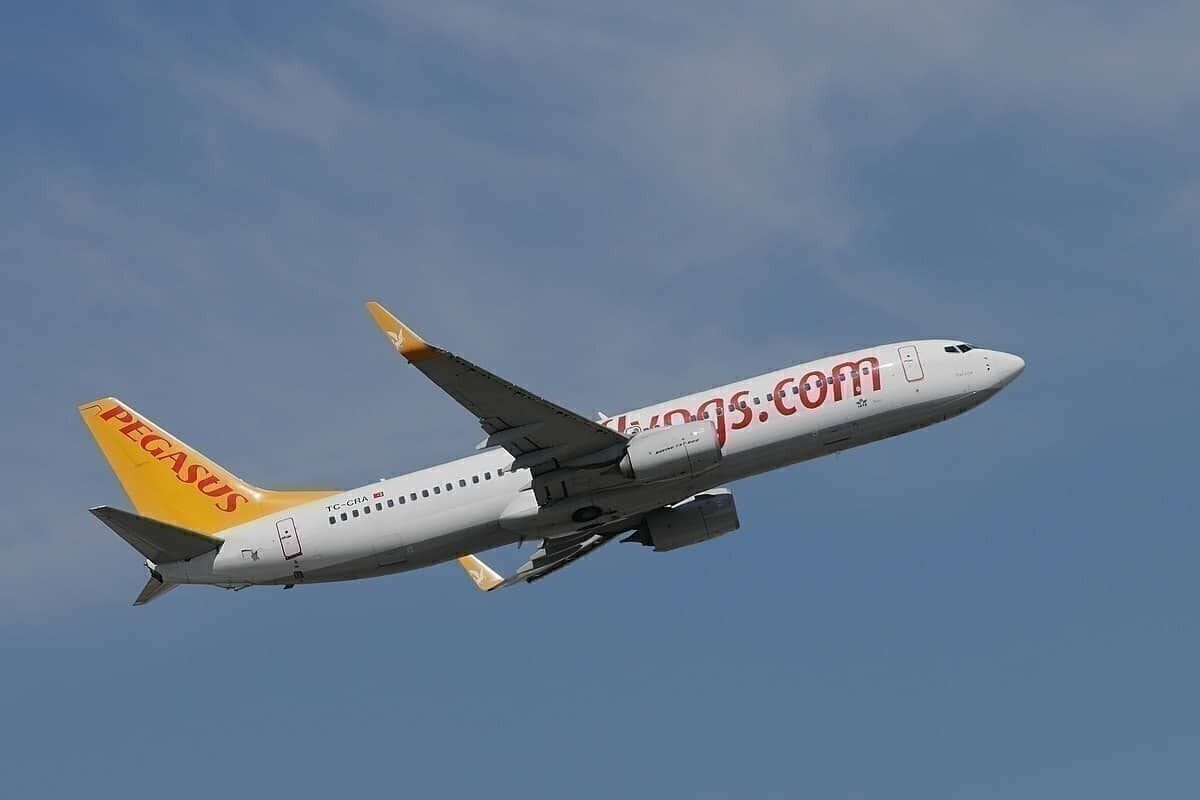Turkish Airlines has now been operating out of Istanbul New Airport for over six months. During this time, its operating costs increased significantly. Meanwhile, its competitor Pegasus Airlines, which uses the other Istanbul airport, Sabiha Gökçen, is seeing rapid share price growth and improved finances.
Istanbul New Airport
The new Istanbul Airport is the biggest of the infrastructural investments unveiled by Turkey’s President Erdogan. Its opening was delayed three times but Turkish Airlines finally relocated there in April this year. This happened in only 45 hours.
Turkey aims for Istanbul New Airport to become the biggest airport in the world. It is already on a good course to achieve this. The airport served 16 million people in its first 90 days.
Turkish Airlines – the struggles
According to Ahval News, net income at Turkish Airlines fell 37% in the first nine months of this year. And this is not only because of the grounding of the 737 MAX, for which Turkish Airlines could sue Boeing.
The fall in profits comes despite a 15% increase in tourist arrivals in Turkey this year, which is even mostly generated by Turkish Airlines itself.
This increase in passenger flows does not bring in sufficient revenue increases to outstrip the growth of costs. Operating costs have risen significantly since the relocation to Istanbul New Airport.
These costs now total almost $10 billion, which is almost 10% higher than in the same period last year. These are for between January and September of this year, 2019.
Costs of ground services rose 12%, attributable to the new airport being far larger in surface area. The surface area is also proving to be problematic for some passengers, especially those with decreased mobility. It is also bloating the minimum connecting time to a whole hour, in comparison to 25 minutes at Vienna International Airport. This limits the number of quick connections that Turkish Airlines can offer.
Fuel is to blame, but so is the new airport
Fuel is another factor to blame for a fall in profits at Turkish Airlines, but even this is connected to the airport move. With fuel being such a significant operating cost for any airline, a rise in its price will have a marked impact on the financial sheets. It is also a factor out of the hands of Turkish Airlines and cannot be attributed to the airport move.
However, the airport move has indeed made matters worse as the Turkish flag carrier recorded a 20% increase in fuel consumption since relocating. This coupled with an increase in fuel prices has sharply contributed to the fall in profits.
The significantly higher taxiing times at Istanbul New Airport, also as a result of its large surface area, have contributed to this 20% increase in fuel consumption.
Pegasus benefits
Meanwhile, the main rival to Turkish Airlines is using a different airport in Istanbul. Pegasus, which is based at Sabiha Gökçen, has become more attractive for some passengers.
The old home of Turkish Airlines, Istanbul Atatürk Airport, was far easier to get to from Istanbul's city center than Istanbul New Airport is. It now takes the same amount of time both by public transport and by car to get to Istanbul New Airport and Sabiha Gökçen, where Pegasus is based.
Pegasus itself has managed to recover the losses it made in the first quarter with its stellar performance in the summer, which followed the move by Turkish Airlines to Istanbul New Airport. Investors evidently have confidence that this is not just luck - the airline's share price has grown over 50% this year.
Do you think we will see Turkish Airlines launch more routes out of Sabiha Gökçen International Airport as a result of these developments? Let us know in the comments below.



